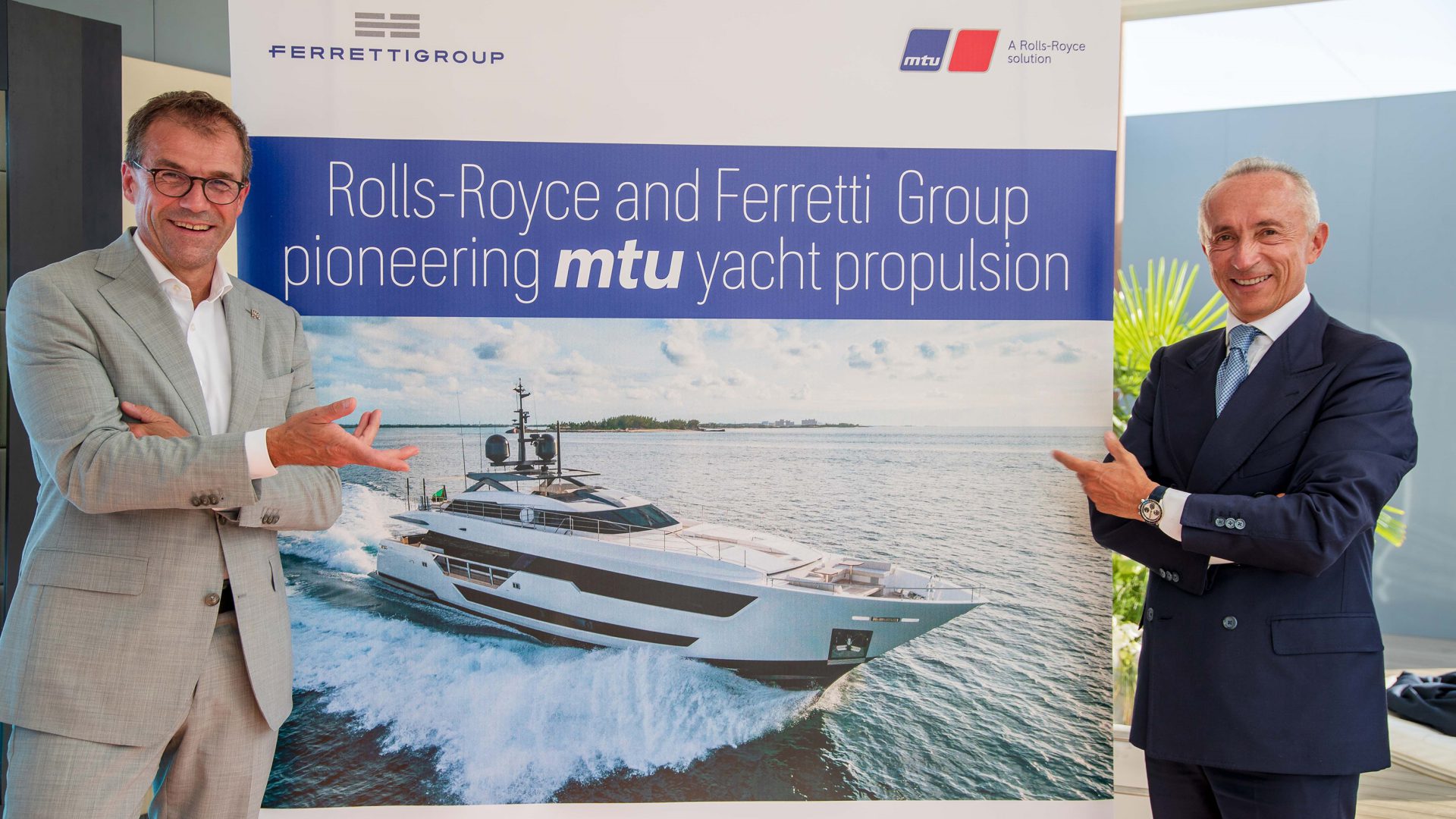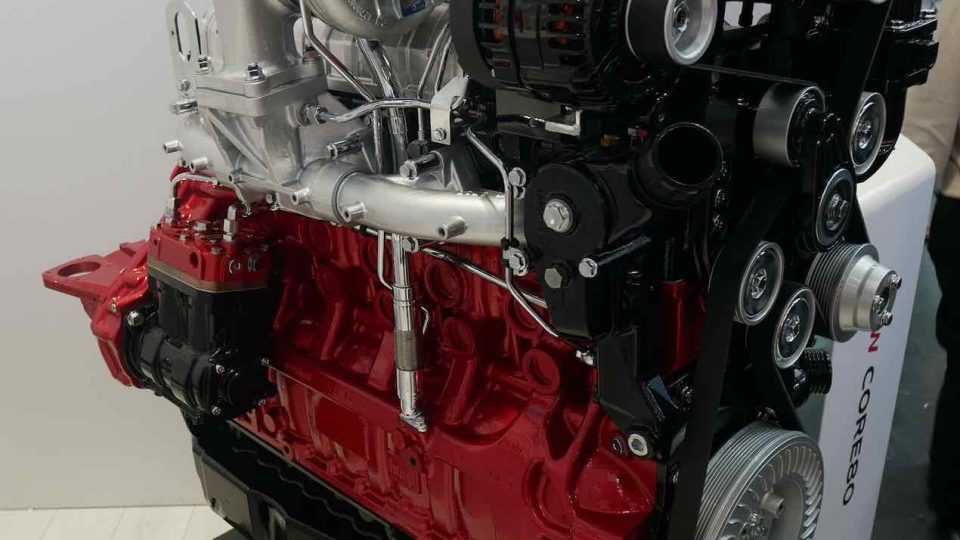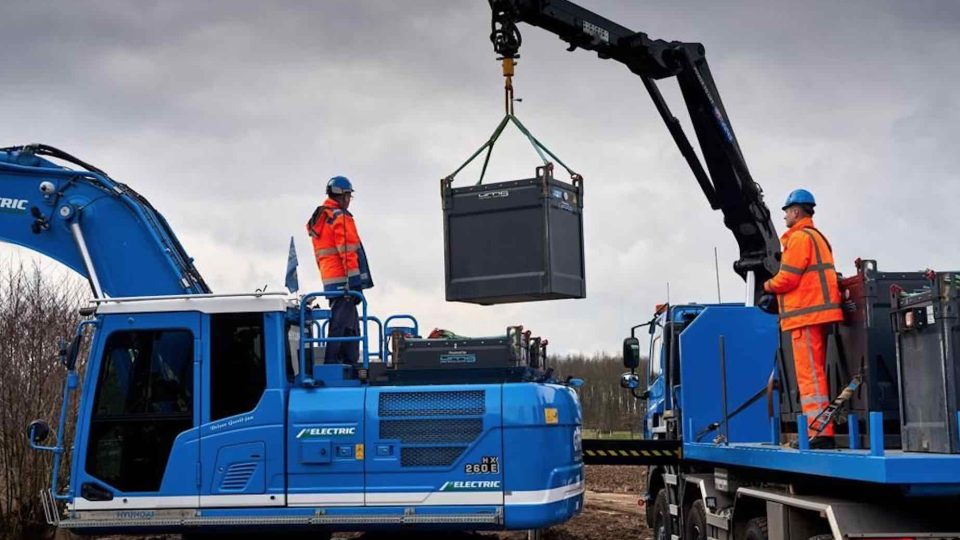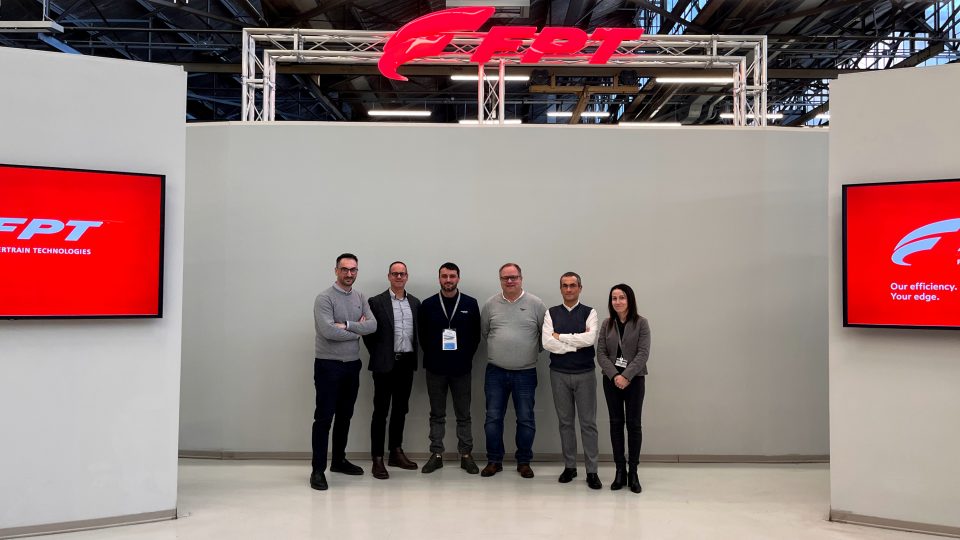Rolls-Royce: mtu rail engines and the agreement with Ferretti Group
Rolls-Royce is taking a significant step towards even more climate-friendly rail transport with the release of mtu rail engines for use with sustainable fuels. The company also signed the extension of the agreement with Ferretti Group at this year’s Cannes Yachting Festival.
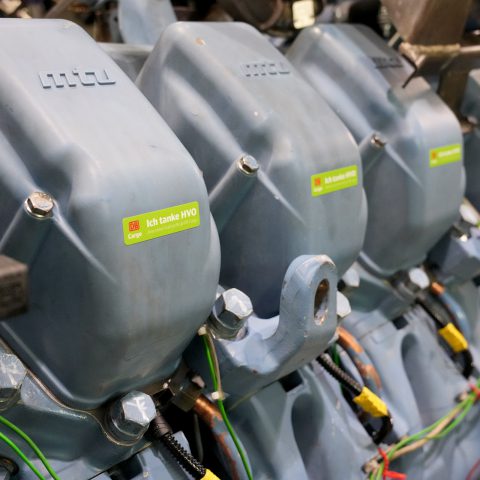
Rolls-Royce is taking a significant step towards even more climate-friendly rail transport with the release of mtu rail engines for use with sustainable fuels. The company also signed the extension of the agreement with Ferretti Group at this year’s Cannes Yachting Festival.
Rolls-Royce: a climate-friendly rail transport
Rolls-Royce is taking a significant step towards even more climate-friendly rail transport with the release of mtu rail engines for use with sustainable fuels. With synthetic diesel fuels of the EN15940 standard, CO2 emissions can be reduced by up to 100 percent compared to fossil diesel. Hydrotreated Vegetable Oil (HVO or renewable diesel), which is already commercially available today, reduces CO2 emissions by up to 90 percent. If the fuels are produced with the help of renewable energy and green hydrogen – through what is termed a Power-to-X process – existing rail vehicles can be operated in a completely CO2-neutral manner. The mtu Series 1800 engines which are used in mtu PowerPacks, as well as Series 1300 and 1500 for locomotives and multi-purpose vehicles, are already approved for use with synthetic fuels such as HVO. Series 1600 and versions of Series 4000 engines will follow in the near future. The release of engines for climate-friendly fuels requires a series of tests and trials and Rolls-Royce has found strong partners for this activity. DB Cargo and RDC Autozug Sylt have already tested or are currently testing mtu Series 4000 engines with HVO in their locomotives.
Rolls-Royce and Ferretti extend agreement until 2027
Ferretti Group, world luxury yacht manufacturer leader, is to continue to use Rolls-Royce’s mtu engines and propulsion systems to power its luxury yachts. The two partners signed the extension of their corresponding frame agreement at this year’s Cannes Yachting Festival.
Rolls-Royce’s mtu engines and propulsion systems have been deployed by Ferretti Group, especially in its larger motor yachts. Their power delivery, reliability and fuel efficiency have earned them a permanent place in the engine rooms of Ferretti yachts.
“Ferretti Group’s renewal of this frame agreement is a tremendous vote of confidence in us and our mtu products in a challenging market and a challenging technological environment,” said Andreas Schell, CEO of Rolls-Royce Power Systems.
“Working together, we will also meet the climate challenges and environmental challenges that lie ahead,” assured Denise Kurtulus, Vice President of Global Marine at Rolls-Royce’s Power Systems business unit. For the foreseeable future, the internal combustion engine will be the power source of choice for applications – including yachts – which require maximum performance from a compact power pack and will have an important part to play as we move into a world of sustainable shipping. In 2024, a Ferretti Group’s yacht is scheduled to be built with an mtu hybrid propulsion system in 2024. Moreover, 2023 will see the mtu Series 2000 and 4000 yacht engines being approved to run on synthetic sustainable fuels complying with the EN15940 standard. These include fuels such as HVO (hydrotreated vegetable oil) and e-diesel.
